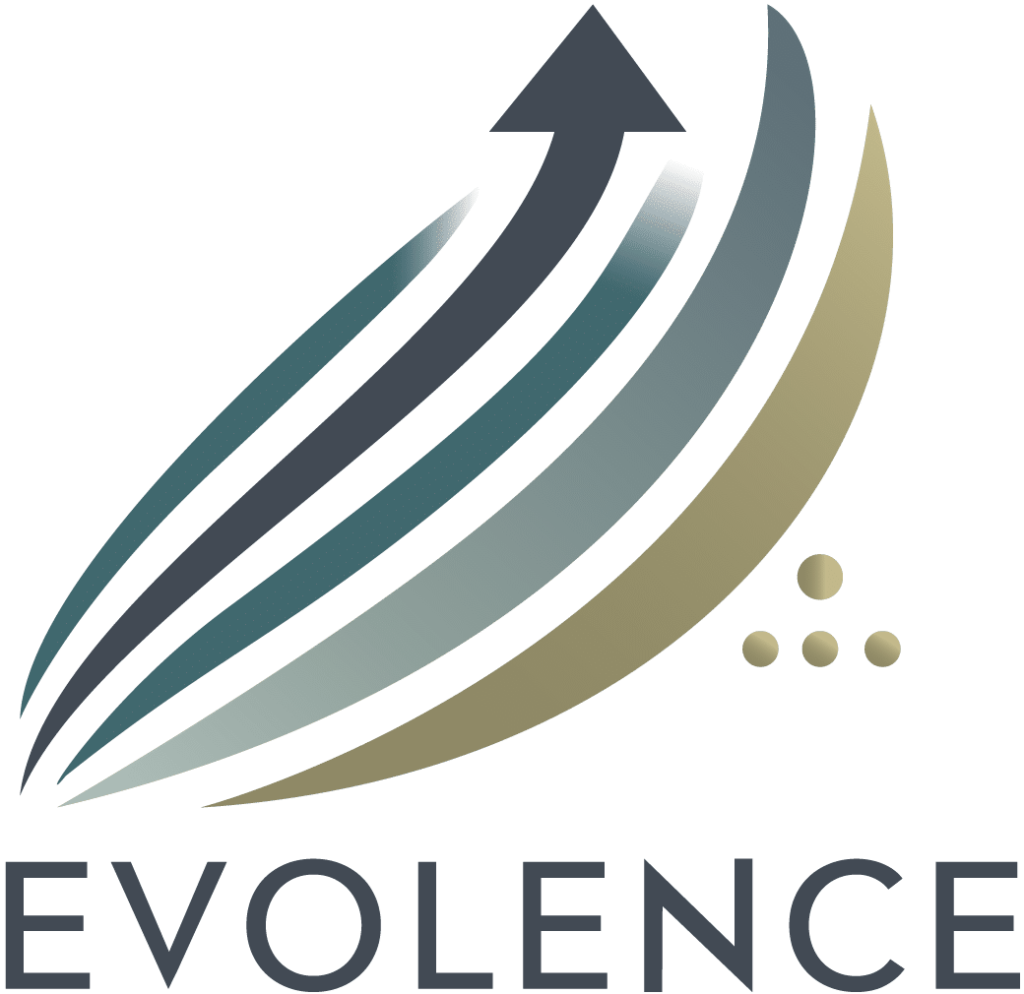Coaching demotivated teams: understanding the roots of collective demotivation
Le coaching a demotivated team is becoming a strategic response in many companies. A loss of motivation does not arise suddenly: it is the result of a gradual erosion linked to a lack of recognition, unclear objectives, internal tensions or the absence of clear prospects. This climate undermines collective performance and deteriorates the working atmosphere.
A study by Gallup (2023) reveals that only 23 % of employees in Europe feel engaged at work. A strong signal that action is urgently needed.
Team coaching enables us to identify the root causes of demotivation: inadequate management, loss of meaning, imbalance in the distribution of responsibilities, etc. It is a powerful lever for triggering a positive transformation process.
Coaching a demotivated team: creating a space for discussion and clarity
Naming tensions to transform them
The primary role of coaching is to bring out the unsaid. In a group, this means creating a safe space where everyone can express their feelings without judgement. The coach facilitates this process of raising awareness, which is essential for relaunching the collective dynamic.
One inspiring example is that of Alan Mulally, former CEO of Ford. When he arrived in 2006, distrust reigned within the teams. He introduced a weekly ritual of transparency, based on the principles of coaching, where everyone shared their difficulties. This culture of openness saved the company from bankruptcy ("American Icon", Bryce Hoffman).
Clarifying roles and expectations
De-motivation often stems from a lack of confusion over roles or an imbalance in the distribution of tasks. Visit coaching a demotivated team helps redefine everyone's responsibilities and align individual expectations with collective objectives.
Tools such as DISC+ help us to better understand the communication styles within the group, and to allocate tasks according to each person's skills and profile.
Coaching demotivated teams: rekindling intrinsic motivation
Giving meaning back to collective work
A motivated team is one that knows why it is doing what it is doing. Coaching invites us to ask ourselves the right questions: why are we together? What is our unique contribution? These collective intelligence exchanges enable us to reconnecting the team with its raison d'être.
The EQ-i (emotional intelligence) approach can also be used to identify gaps between the deep aspirations of team members and the realities of the organisation.
Making the most of small victories
A demotivated team often doubts its ability to succeed. Coaching proposes "quick wins": simple, concrete, immediately achievable actions that restore momentum.
For example: improving an internal process, receiving positive customer feedback or celebrating a collective initiative. These victories boost the group's confidence and get the team moving again.
Developing inspirational leadership through coaching
Adopting a manager-coach posture
To maintain motivation over the long term, managers need to evolve: become less directive and more inspirational. Coaching helps them to develop their interpersonal intelligence, their ability to listen, and to ask questions rather than impose solutions.
Using the EQ 360 tool, they can obtain structured feedback on their leadership posture, identifying their blind spots and the gaps between their intentions and their impact.
Creating a culture of recognition
Lasting motivation is also based on genuine recognition. Coaching encourages managers to integrate gratitude into their daily lives congratulate, thank and encourage. These simple gestures reinforce the feeling of belonging.
Conclusion: coaching demotivated teams as a catalyst for transformation
A demotivated team can regain its momentum, provided it is supported with clarity, kindness and method. Visit coaching a demotivated team acts as a trigger: it restores meaning, restores confidence and unleashes collective potential.
Do you want to reinvigorate your team? Contact me at to open up a space for reflection, exchange and reconstruction.
